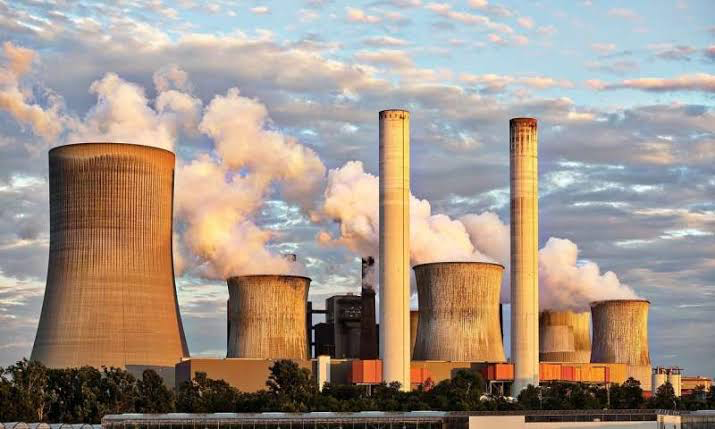South Africa witnessed a staggering surge in fossil fuel subsidies, skyrocketing from R39 billion in 2018 to R118 billion in 2023, as revealed by a recent report from the International Institute for Sustainable Development (IISD). The substantial rise, attributed primarily to the global energy crisis, underscores the nation’s continued reliance on fossil fuels despite growing calls for a transition to cleaner energy sources.
The report sheds light on the concerning trend of escalating subsidies, with a significant portion allocated to oil and gas consumption, carbon tax exemptions, and the electricity sector. Such subsidies, the report suggests, risk perpetuating the dominance of fossil fuels in South Africa’s energy landscape, hindering progress towards sustainable and climate-friendly energy systems.
As governments worldwide grapple with the challenges posed by the energy crisis, global subsidies reached a record high of $1.5 trillion in 2022. In South Africa, the surge in subsidies mirrors the broader global trend, with consumer subsidies reflecting marked increases in oil, gas, and coal prices.
In response to these developments, the IISD recommends that South Africa develop a comprehensive roadmap for reforming fossil fuel subsidies, aligning with international commitments and climate targets. Such a roadmap should outline concrete deadlines and detailed implementation plans, ensuring the removal of fossil fuel subsidies while safeguarding support for the most vulnerable populations.
The report underscores the critical importance of aligning energy subsidy policies with broader objectives for the energy sector and the transition to cleaner energy sources. Government financial support, the IISD emphasizes, sends a signal to investors and the market, necessitating alignment with climate goals and social priorities, such as ending load shedding and improving energy access for all citizens.
Despite commitments to phase out inefficient fossil fuel subsidies, South Africa’s draft Integrated Resource Plan 2023 paints a concerning picture of a future energy system potentially more dependent on gas at the expense of renewables. This divergence from renewable energy goals outlined in agreements such as COP28 raises questions about the nation’s commitment to transitioning away from fossil fuels in a just and equitable manner.
The repercussions of South Africa’s escalating fossil fuel subsidies are evident in the country’s deteriorating electricity system, characterized by record levels of load shedding in 2023. The economic toll of frequent power outages underscores the urgency of addressing underlying issues, including inadequate investment in new generation and grid infrastructure.
Anna Geddes, co-author of the report, highlights the risks associated with soaring fossil fuel subsidies, emphasizing the need for government support aligned with climate targets and social priorities. Failure to address these challenges, Geddes warns, not only undermines South Africa’s transition to cleaner energy but also exacerbates long-term energy security concerns.
As South Africa grapples with the implications of surging fossil fuel subsidies, stakeholders are called upon to reevaluate energy subsidy policies and prioritize investments in sustainable and resilient energy infrastructure. Only through concerted efforts to reform subsidies and accelerate the transition to cleaner energy sources can South Africa mitigate the risks posed by fossil fuel dependency and chart a path towards a more sustainable energy future.
Source: ESI Africa



